We Forgot How to Play…
Toyland….
Once you pass its borders
You can never return again
***
I woke up this morning after the kids. I use my cell phone as an alarm clock, since my one son is jarred by the sound of your typical alarm clock (honestly, who wouldn’t be? And who decided that a screechy BEEP! BEEP! BEEP! would be the ideal way to wake up millions of people each morning. No wonder we’re all grumpy before 10 a m. But I digress). Well, last night I forgot to turn it off, and lo and behold, the one morning that they didn’t have to get up when it went off, they did.

I snuggled under the blankets for a few extra minutes, waiting for the inevitable moment that one of them would come up and ask for breakfast, or for me to read them a book, or to break up a quarrel. But today, they played. And played. And I happily was content to just lie in bed and listen.
There’s something so natural to children about play. I know it’s been said before, that play is the “work” of childhood, but what is it that causes play to come so naturally to children? My mother came over last night with a large cardboard box, and instantly, both children knew exactly what to do – it was a sheep pen, then it was a cave to hide out in. A birthday present – puddle of mud – a bridge – their imaginations knew no borders. And as for me, I calculated the best time to bring it to the trash without overloading the bin, decided whether or not it would be easier to take out whole than breaking it down, and wondered if it would last long enough to store some toys in before it was broken down by the children.

Then I stopped and realized how differently I thought about a cardboard box than my children. And I wondered, why is it so natural for children to play and not for adults? Is it something we learn not to do? Is it biological? Do our brains change as we age? I remember my sister and I, as little girls, laughing to ourselves how boring it was for the grown ups to be sitting around talking when we were playing. We felt pity for them. They were missing so much fun! Now we wonder at the irony because we’re the ones sitting around, while the children are the ones who play and have fun.
Fun… sometimes I don’t think I even know how to have fun. I know the satisfaction of accomplishing a goal, and the feeling of contentment that comes at the end of the night, when the children are happily asleep, the house is clean and I can breathe and appreciate the blessings in my life. I enjoy the relaxation of cuddling with my boys on a cold, rainy day in front of the window, watching the rain fall and smelling the fresh, cool air.
But I don’t know if I’d consider any of those things fun. I watch my children play. They know what fun is. They know how to make fun every day. Every moment.



In the land of play, it s the children who are the masters.
“Lighthearted pleasure” is how an online dictionary describes “fun”, and I struggle to remember the last time that “lighthearted pleasure” trumped “responsibilities” and “what needs to be done”. I was always a lover of responsibility. I remember playing house with my sister, and spending inordinate amounts of time doing “pretend” chores – washing the pretend dishes, doing the pretend laundry, and cleaning and arranging the house. Funny how my “play” back then has become my reality now… do I consider cooking and cleaning to be my version of fun? I wonder sometimes….
The thing about play and adulthood is that it seems to be so universal. It doesn’t seem to be a cultural thing, or something from any particular historical time period. And how is it that playing even becomes a chore sometimes? Why is it, when my son begs: “Play with me, Mama!” that sometimes doing the dishes sounds like more “fun”? Where and when did I lose this gift? Why did I lose it? And most importantly, how do I make sure my children hang on to it for as long as possible?


Isn’t it ironic that as children, we want so much to be grown-ups, to not have to answer to anyone, or to go to bed when someone else tells us? But when we finally reach adulthood, we realize how precious our childhoods really were – and the awful reality that we cannot ever reclaim that pure, childhood innocence again. Time and again, in stories, movies, newspaper articles and biographies that I read, I realize how very important childhood is to the adult. Sometimes it seems that childhood is the very essence of what we hold the rest of our lives in comparison to.
My heart begs: Please help me to make my children’s childhood the most magical, wonderful time that they can look back on with happy hearts for the rest of their lives.
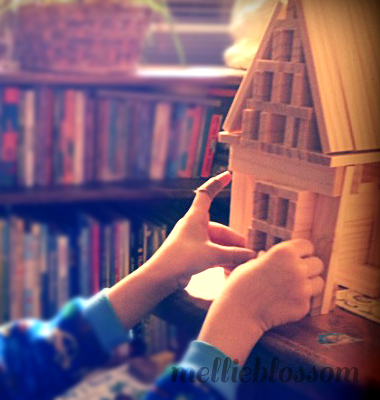
As I laid in bed those last few minutes before waking up to find the youngest had accidentally peed all over the kitchen floor, and that the huge stack of dishes that I “took the night off” from putting in the dishwasher had attracted a swarm of appreciative fruit flies, I listened to my children happily shrieking as they joyfully chased and “imaginated” (as they like to call it) with each other through our home. Their bubbling giggles made me smile despite myself and my overabundance of practicality.
My children are happy. I may not know how to have fun, but I can take immense gratitude that my children do. And I am so incredibly grateful for the opportunity to make the childhood of two little boys the most magical and joyful childhood possible.

~Mellie ★








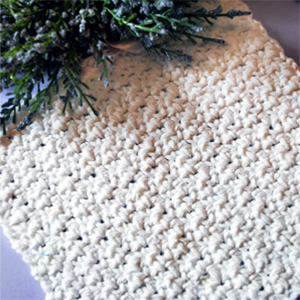

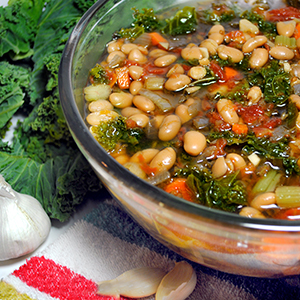
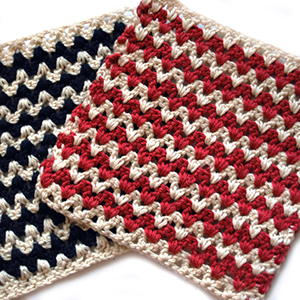


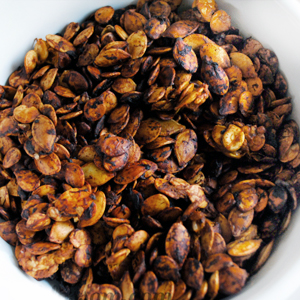
*0 Comment*